Lewis Dartnell
Bodley Head
2019 | 352pp | £20
ISBN 9781847924353
Buy this book from Amazon.co.uk
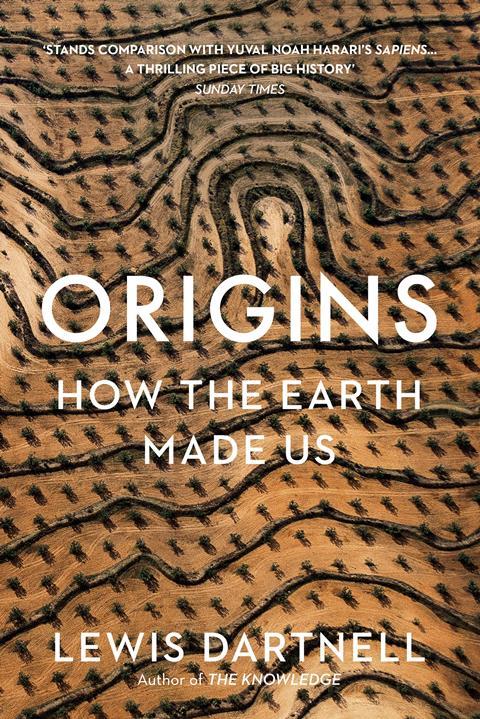
Before I started reading it, the concept of Origins excited me. Dartnell promises to show how the Earth made us, how the terrain around us shapes not only the physical space we live in but also the political, economical and evolutionary climates of who we are.
There are certainly a lot of fascinating stories on this subject. Did you know, for example, that the Black Belt of the US was originally named for the band of dark, nutrient-rich soils heralding from the Cretaceous Period? You can see this band in US voting patterns too, mirroring the dense African-American populations from the cotton farming history of the region.
However, for a casual reader with only a very loose understanding of the Earth’s geological timeline, the book can be difficult to get through. Toward the beginning Dartnell flips between time periods to make his points. This has the unfortunate consequence of a relaxed reader either feeling helplessly lost, unable to recall the different time periods, and their related characteristics (climate, position of continents, etc) on demand, or bored when yet another full page describes how tectonic plates moving to a particular position give rise to a certain climate, which leads to a certain kind of soil that underpins a certain evolutionary construct. Frequent assurances that ‘this will be covered in more detail’ in future chapters are also frustrating.
Perhaps it’s because I’m a visual learner. Perhaps it’s the arrangement of the book. Dartnell appears to have set himself quite a difficult task with the premise of the book being a display of how a thorough understanding of Earth’s formation has far-reaching consequences in a number of unexpected places, with each chapter devoted to a different affected theme. The reader needs not only to have a firm grasp of geology, geography and biology, but remain invested when reminded of their relevance for each new historical fact.
I’d recommend readers approach Origins as a collection of interesting findings about ourselves that stem from Earth’s own origins, rather than a complete narrative, to avoid disappointment or a feeling that Dartnell has simply found a linker for leftover research from his earlier book The Knowledge. Unfortunately for me, this was a book of great promise that didn’t quite deliver.
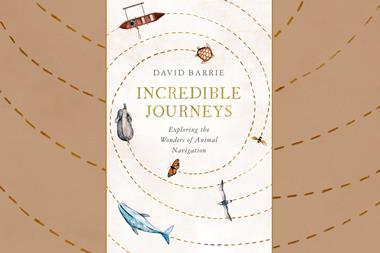
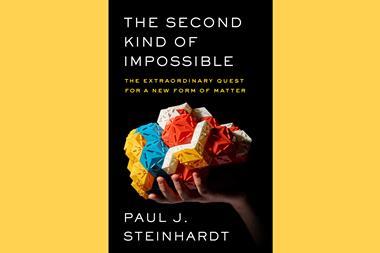
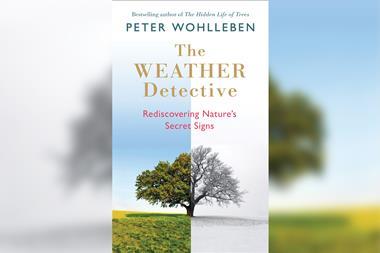
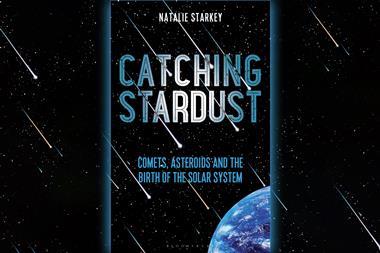
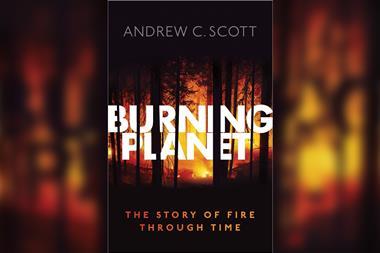







No comments yet